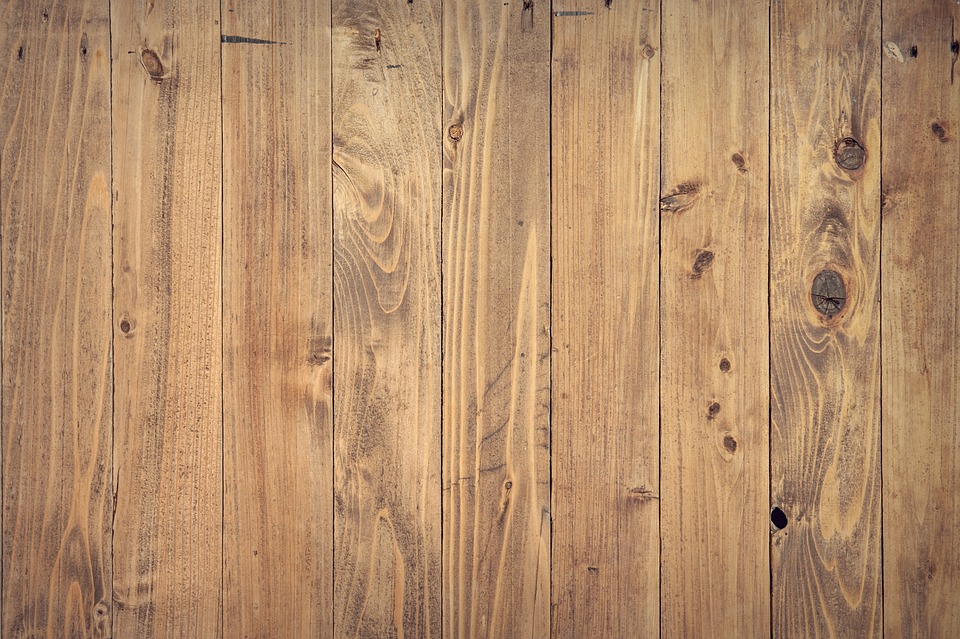The Importance of Underlayment: Why It’s Essential for Your Flooring
When it comes to installing new flooring in your home, one often overlooked but crucial component is underlayment. Underlayment is a thin layer of material that is placed between the subfloor and the flooring surface. While it may seem like a minor detail, underlayment plays a critical role in the overall performance and longevity of your flooring.
Why Underlayment is Essential
Underlayment serves several important functions that can greatly impact the quality of your flooring. One of the primary purposes of underlayment is to provide a smooth and level surface for the flooring to be installed on. This helps to prevent any imperfections or unevenness in the subfloor from showing through the flooring material.
Additionally, underlayment acts as a moisture barrier, protecting your flooring from any moisture that may seep up from the subfloor. This can help to prevent mold, mildew, and warping of the flooring material over time. Underlayment also provides insulation, helping to regulate the temperature of your home and reduce energy costs.
Furthermore, underlayment can help to reduce noise and sound transmission between floors, creating a quieter and more peaceful environment in your home. This is especially important in multi-story homes or apartments where sound can easily travel between floors.
FAQs
What type of underlayment should I use for hardwood flooring?
For hardwood flooring, it is recommended to use a high-quality underlayment that provides both moisture protection and sound insulation. Look for underlayment specifically designed for hardwood flooring to ensure the best results.
Do I need underlayment for laminate flooring?
Yes, underlayment is essential for laminate flooring as it helps to smooth out imperfections in the subfloor, provide moisture protection, and reduce noise. Be sure to choose underlayment that is compatible with laminate flooring for optimal performance.
Can I install underlayment myself?
While it is possible to install underlayment yourself, it is recommended to hire a professional for the best results. A professional installer will ensure that the underlayment is properly installed and that all necessary steps are taken to protect your flooring.
How long does underlayment last?
The lifespan of underlayment can vary depending on the quality of the material and the amount of foot traffic it receives. On average, underlayment can last anywhere from 5 to 10 years before needing to be replaced.
Overall, underlayment is an essential component of any flooring installation project. By investing in high-quality underlayment, you can ensure that your flooring will look great, perform well, and last for years to come.

